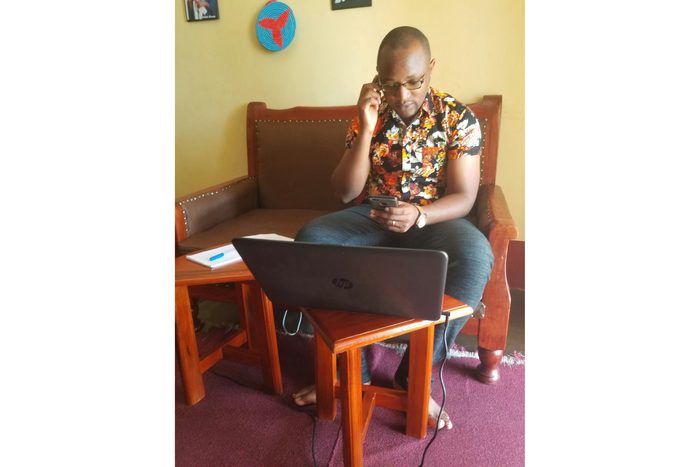Vulnerability and Trust in the Aftermath of COVID-19 in Uganda
Researcher: Constantin Manuel Bosancianu, Ana Garcia-Hernandez, Macartan Humphreys, Paul Kiwanuka-Mukiibi, Melina Platas Izama, Leah Rosenzweig, Lily Tsai
COVID-19 has already disrupted community life and will surely alter community social dynamics for years to come. This project aims to identify and track over time citizens’ compliance with COVID-19 mitigation policies and their access to relief services in Kampala, Uganda. Building on an existing study in which certain residents were randomly assigned to attend meetings with Kampala Capital City Authority (KCCA)—which is responsible for the city’s health centers, public schools, and other public services—researchers will survey the study’s representative sample of urban residents to understand patterns of rule compliance, uncover how the crisis alters patterns of intra-group and inter-group trust (using baseline information collected prior to the pandemic), and identify and track overtime populations that are vulnerable to disruptions caused by the pandemic. The randomized evaluation will also help researchers to understand how this compliance is shaped by contact with a key governmental institution. Embedding this COVID-19 survey into a data collection process that extends to 2021 will allow researchers to gain a long-term perspective on community resilience.
Status: The first wave of data collection was collected in June/July 2020. Two more rounds of data were collected between July and September 2020.
Funding: UK Department for International Development, awarded through IPA’s Peace & Recovery Program and NYU Abu Dhabi.
Partners: Kampala Capital City Authority (KCCA) and Innovations for Poverty Action (IPA)
- Link to project page
- Link to data in dashboard

© Anthony Kamwesigye